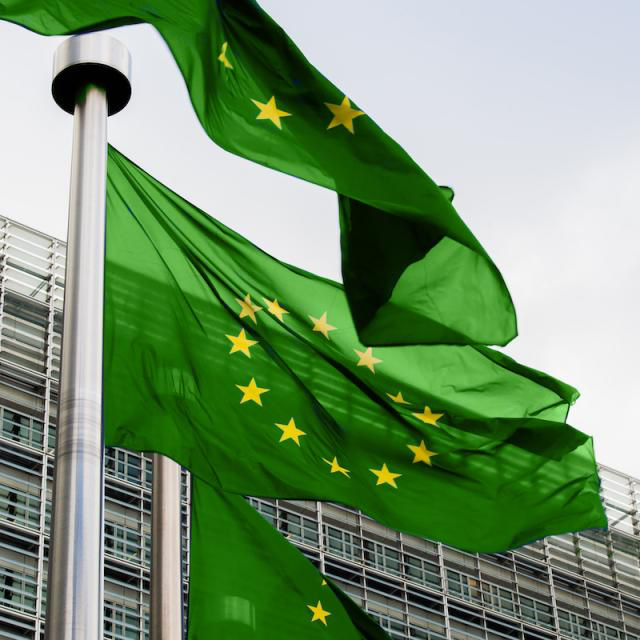Business bosses demand “more breadth, depth and governance” of EU’s Single Market.
The European Round Table for Industry (ERT), a forum that brings together chief executives and chairs of leading multinational companies of European parentage, has kicked off a new campaign, calling for renewed integration to strengthen the EU Single Market.
Its new publication includes analysis and recommendations to better manage, revise and deepen the integration of the Single Market and is focussed on four key categories: environment and consumption, energy, digital and finance and capital.
The move comes as the European Union is actively pursuing feedback from citizens through its ongoing Conference on the Future of Europe.
Now, the leaders of some of Europe’s most prominent global companies have weighed in with their views on what needs to be done to improve the EU.
Their input comes in the shape of the ERT publication entitled “Renewing the dynamic of European integration.”
It says the benefits of removing national barriers to the Single Market for goods and services could amount to over €700 billion by the end of 2029.
Each of the 30 “stories” in the publication is told by an ERT member, highlighting a problem which relates to the Single Market, citing specific country examples and data. These range from issues around labelling, recycling initiatives, the free movement of waste and cross-border flow of renewable energy to challenges around emerging areas such as cloud computing, health data and the scaling up of hydrogen, to name but a few.
Pascal Lamy, Honorary President of the Institute Jacques Delors said “Obstacles and obsolete restrictions persist while immense challenges are knocking at our door Let us vigorously resume the task of deepening our internal market with the new tools suited to the economy of tomorrow. It is there that we will find, as Jacques Delors did 30 years ago, a source of job growth and renewed progress.”
Further comment comes from the chairman of Vodafone, and member of the ERT, Jean-François van Boxmeer, who welcomes “this unique opportunity to supercharge the European Union’s ongoing digital transition.”
Such a transition will enable economic benefits, help drive the green transition, connect disadvantaged communities and improve essential services like education and healthcare, he says.
He highlights that hopes of a next-generation, 5G future with super-fast mobile speeds, improved network performance, high capacity and lower costs, are on hold for the moment.
“The rollout of 5G radio spectrum is stuttering and fragmented – which has in turn had an impact on the roll-out of 5G commercial services. Europe’s telecom operators are lagging behind rivals in the US and Asia amid challenging market dynamics and an adverse investment climate. One of the key reasons for this is the variety of ways that EU Member States are awarding mobile spectrum licences.”
He goes on, “At the moment, there is no effective synchronised schedule for radio frequency spectrum auctions across the EU, and no common system for awarding licenses.”
The CEO encourages close collaboration between industry, governments and policymakers to invest in Europe’s digital future to create jobs and growth opportunities. The fast and efficient roll out of 5G spectrum across the EU plays a pivotal role in ensuring Europe can generate a digital dividend for current and future generations.
“But we need to address the fractured market for mobile radio spectrum that threatens the digital transition. His recommendation is to introduce a synchronised schedule for radio frequency spectrum auctions across the EU and a common system for awarding licenses,” he says.
In poll results published last month, there was unanimous consensus among the business leaders in ERT that the free circulation of people, goods, services, and capital is not fully completed. CEOs identified services as the area that is furthest behind the goal of full integration, but even for goods, respondents believe the Single Market is only 79% complete, with much room to improve.
The ERT was first established in 1983 by 17 European industrialists, to call for the creation of the Single Market. In the intervening years, the membership of ERT has expanded to now count around 60 CEOs and Chairs of some of Europe’s best known industrial and technology companies.
The publication was released at a special event organised by the Centre for European Policy Studies (CEPS) and included an intervention by European Commission Executive Vice-President Margarethe Vestager.
ERT is not alone in calling for more progress in the breadth, depth and governance of the Single Market. In the past two years, business associations such as BusinessEurope, Eurochambres and Eurocommerce have all issued papers urging renewed political investment in the Single Market.




